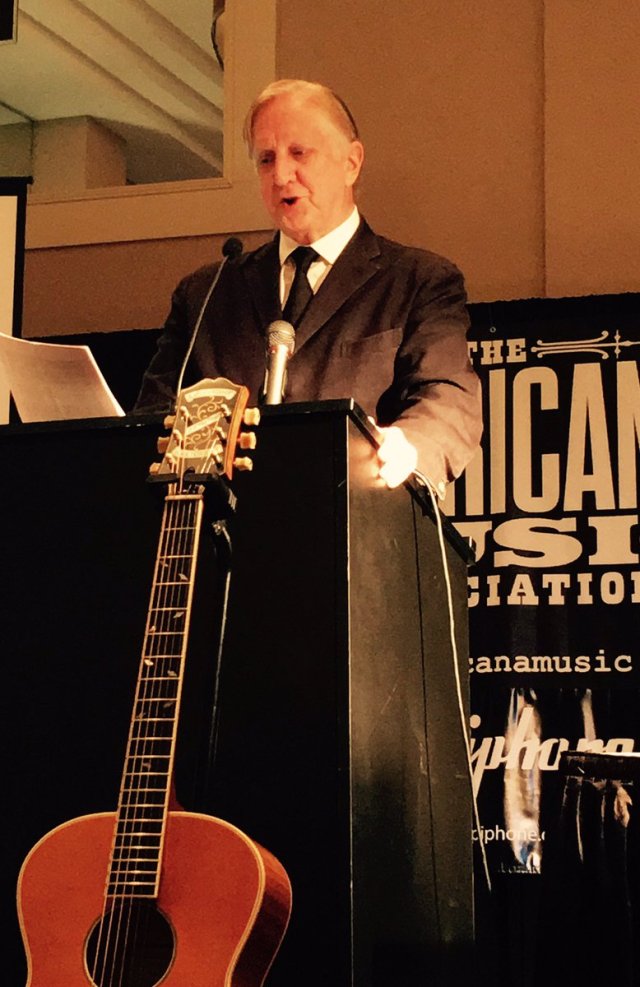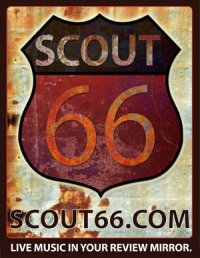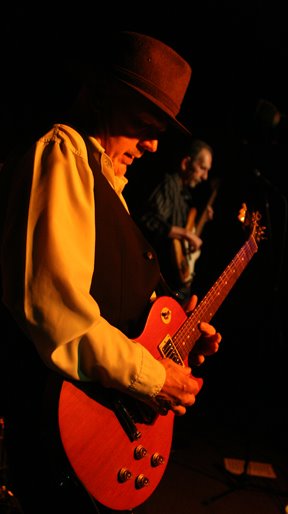When I think back over the three plus decades I’ve worked in music, there are aha moments about the early years I wish I’d paid more attention to. Just finished watching the documentary, The Wrecking Crew which I knew had loose ends tied to some of the work I did early on, and after watching it, realizing there was an awful lot I could have learned if someone had knocked me off that high horse I was so fond of then.
In the mid to late 1980s I worked with Mason Williams who composed the most-broadcast instrumental tune in history, “Classical Gas.” Williams is the epitome of what every artist should be. He never stops creating, entertaining himself in many ways, with mediums that are interesting to him. Over the number of years he’s been in the business he’s met just about everyone, and stayed in touch with the best of those players who accompany his sound.
Hal Blaine, the most recorded drummer in history, is one of those players; and he is also a member of The Wrecking Crew.
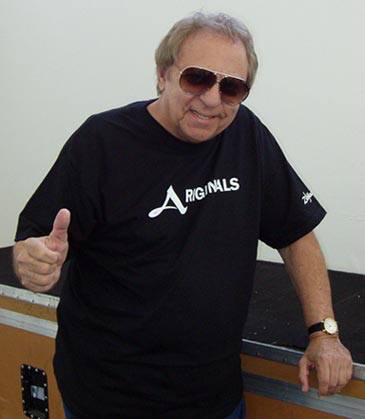
Back then, I was way more interested in what most self-indulgent Twenty Somethings care about more than old guys playing music. I see it all the time in Nashville. Young self-absorbed creatives who don’t care what music veterans have to offer, because pfft. It’s ancient, man.
Wrong.
Watching The Wrecking Crew and compartmentalizing the sheer enormity of Hal Blaine’s career by the time I was working with him, I regret missing the opportunity to know him better. There are very few people making it in Nashville who are trained musicians with as much style and finesse as Hal has contributed to an incredible number of enormous hit records.
I remember staying at his home in Arizona for a day or so, and seeing his wall of gold records, knowing each and every title. I think the total number is 170. Plus he has six consecutive Grammy-winning Record of the Year titles between 1966 and 1971. Record of the Year is a huge and coveted Grammy win, and Hal has six — in a row!
On that visit he made the most incredible fresh squeezed grapefruit juice I’ve ever tasted from homegrown fruit. On another trip, for a gig in Denver if I recall, I was horrified the hotel put Hal in something like a broom closet since it was regrettable I’d made those arrangements. He was always the first guy in the lobby waiting to go to sound checks, the gig, or whatever was happening.
He’s got an incredible sense of humor, and can deliver a joke better than many comedians. Very generous, he always gave people something fun to remember a project or occasion like a signature black t-shirt with Moose Goosers in white letters. His trademark stamp, “Hal Blaine Strikes Again” was an actual rubber stamp he had made to mark his score parts, and to leave his mark on the walls in the many studios and concert halls he’d played.
Great musicians are self-made. Certainly along the way there’s a bit of ego (sometimes a lot) in the mix, but it’s more about the ability to be a great team player. That takes perseverance, personality, not petulance. Here’s one of his quotes that hopefully creates an indelible impact.
“I’m not a flashy drummer. I never wanted to be a Gene Krupa or Buddy Rich. I wanted to be a great accompanist, and that was my role … A song is a story, and if you interrupt the story with your playing, you’re not doing anybody any good at all.”
Retracing Hal’s career for you would be an enormous undertaking, so I encourage you to do the research. His contribution to music is phenomenal.
The Wrecking Crew was the cream of the crop in session players called in for an incredible number of epic projects. Hal is credited with coining the name Wrecking Crew which is as legendary as Phil Spector’s Wall of Sound, perhaps more so given the vast talent in the group.
For those of you who think you have the chops to make it, my advice is to see this documentary. The reality, or what we believed was reality, is something else altogether. And I encourage you to find out as much as you can about Hal Blaine whether you’re a drummer or a producer. He is a true legend — not one of those guys who believes he’s a legend after doing five to ten in the business.
Here’s the lesson: Listen to people who’ve been in the business much longer than you have. They’ve survived more than you can dream of accomplishing. They always know what they’re talking about, and if you’ve got a better idea, so be it.
Watch The Wrecking Crew before you write off the integrity of those who invented the thing you’re thinking of creating.
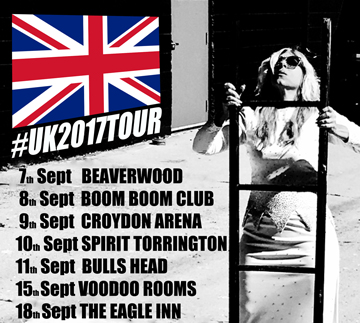 ‘Eliza Neals and the Narcotics‘ embark on their return tour to the United Kingdom this September, with seven dates across the UK. The full schedule can be found here http://ElizaNeals.com
‘Eliza Neals and the Narcotics‘ embark on their return tour to the United Kingdom this September, with seven dates across the UK. The full schedule can be found here http://ElizaNeals.com